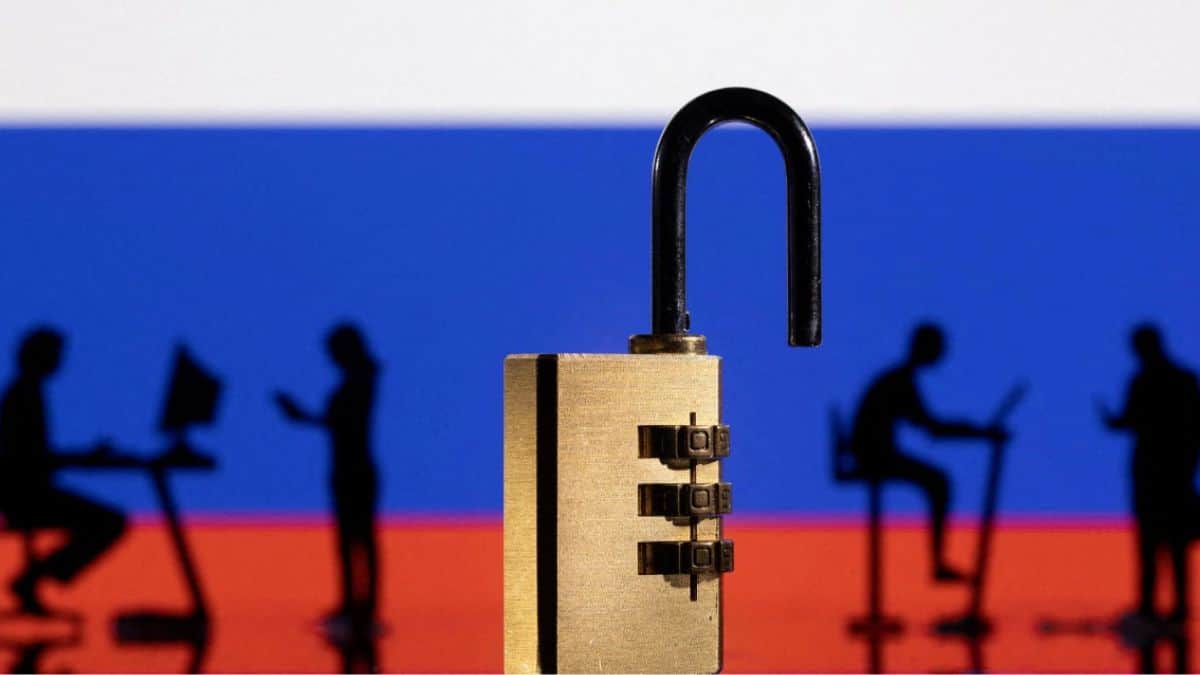In response to the attacks on Russia, ‘Phoenix’ has declared to target schools, hospitals and universities

Phoenix, a pro-Russian hacking group has declared that in response to the attacks on Russia, they will now target hospitals, charitable foundations, universities, schools, and charities.

In 2021, The Security Service of Ukraine (SBU) made five arrests in an investigation targeting the international hacking group known as Phoenix, which allegedly specialized in hacking and selling stolen mobile phones.
According to the investigation, the five were residents of Kyiv and Kharkiv and all had “higher technical education.” They used social engineering tactics like phishing and website spoofing to steal victims’ passwords and defraud them or sell their data.
Phoenix was also involved in hardware hacking, unlocking lost or stolen iPhones, and reselling them in Kyiv and Kharkiv through “a network of controlled stores. “Phoenix’s operation, which masqueraded as phone repair shops, allegedly lasted more than two years and claimed hundreds of victims.
Ukrainian police seized “computer equipment and mobile phones with evidence of criminal activity, software and hardware for unauthorized account interference, stolen mobile phones disguised as new ones.” The SBU believes it has apprehended all of the Phoenix gang members with these five arrests. To be safe, investigators are continuing to “identify and prosecute all persons involved in illegal activities,” just in case others are linked to Phoenix.
Another Russian-speaking hacking group, known as Killnet, claimed responsibility for at least some of the hacks, saying they were in retaliation for Lithuania blocking the shipment of some goods to the Russian enclave of Kaliningrad, which is wedged between Lithuania and Poland.
According to the defense department, cyberattacks were directed in part at Lithuania’s Secure Data Transfer Network, a communications network for government officials designed to withstand war and other crises.
“A portion of the Secure National Data Transfer Network users have been unable to access services; work is underway to restore normal service,” Lithuania’s National Cyber Security Centre (NKSC) said in a statement released by the defense ministry. Lithuania is a member of NATO, a 30-nation alliance that includes the United States, which has been on high alert for pro-Russian hacking for months.
Since Russia’s full-fledged invasion of Ukraine in February, a bevy of pro-Ukraine and pro-Russian hacking groups have caused disruptions to an array of organizations in Ukraine and Russia. A group known as the Belarusian Cyber-Partisans, for example, has claimed hacks on the IT systems that support trains moving Russian soldiers near the front lines in Ukraine.


